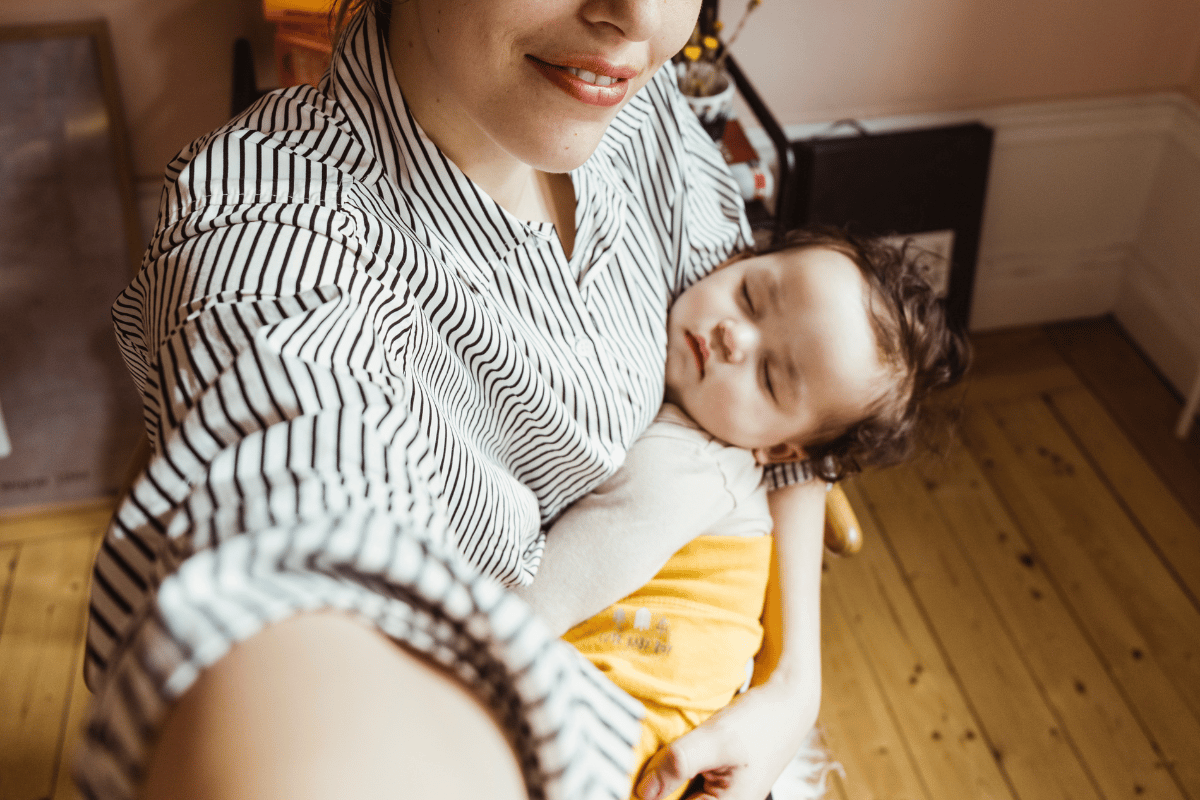
When Lucy* and her husband started trying for a family, they knew from the start they might have to turn to assisted reproduction. Lucy had just turned 38 and the fertility tests she took soon after would prove her suspicions right; she had a low egg count alongside low levels of the Anti-Müllerian Hormone (AMH), which is produced by the follicles in the ovaries.
So she, like many other mothers before her, turned to in vitro fertilisation (IVF).
The road to building her family was filled with hurdles. There were three unsuccessful rounds. More tests, until a laparoscopy found she had stage four endometriosis. The lesions were removed and the next round of IVF would give her everything she ever wanted; her son.
Six months after her boy was born, she started trying, via IVF, for a second child.
Three rounds later she got pregnant, again.
Lucy, from Victoria, is now the proud mother of a two-and-a-half-year-old boy and a six-month-old daughter.
But her happiness has been marred by a "niggle" at the back of her mind. That niggle is due to news of multiple embryo mix-ups, involving Monash IVF, one of Australia's largest fertility providers. As reported by ABC, IVF campaigners are now pushing for federal regulation and DNA tests for children born through assisted-reproduction.
Listen to The Quicky discuss the IVF mixups. Post continues below.
Although her children were born with the assistance of another clinic, Lucy is concerned.




























































































